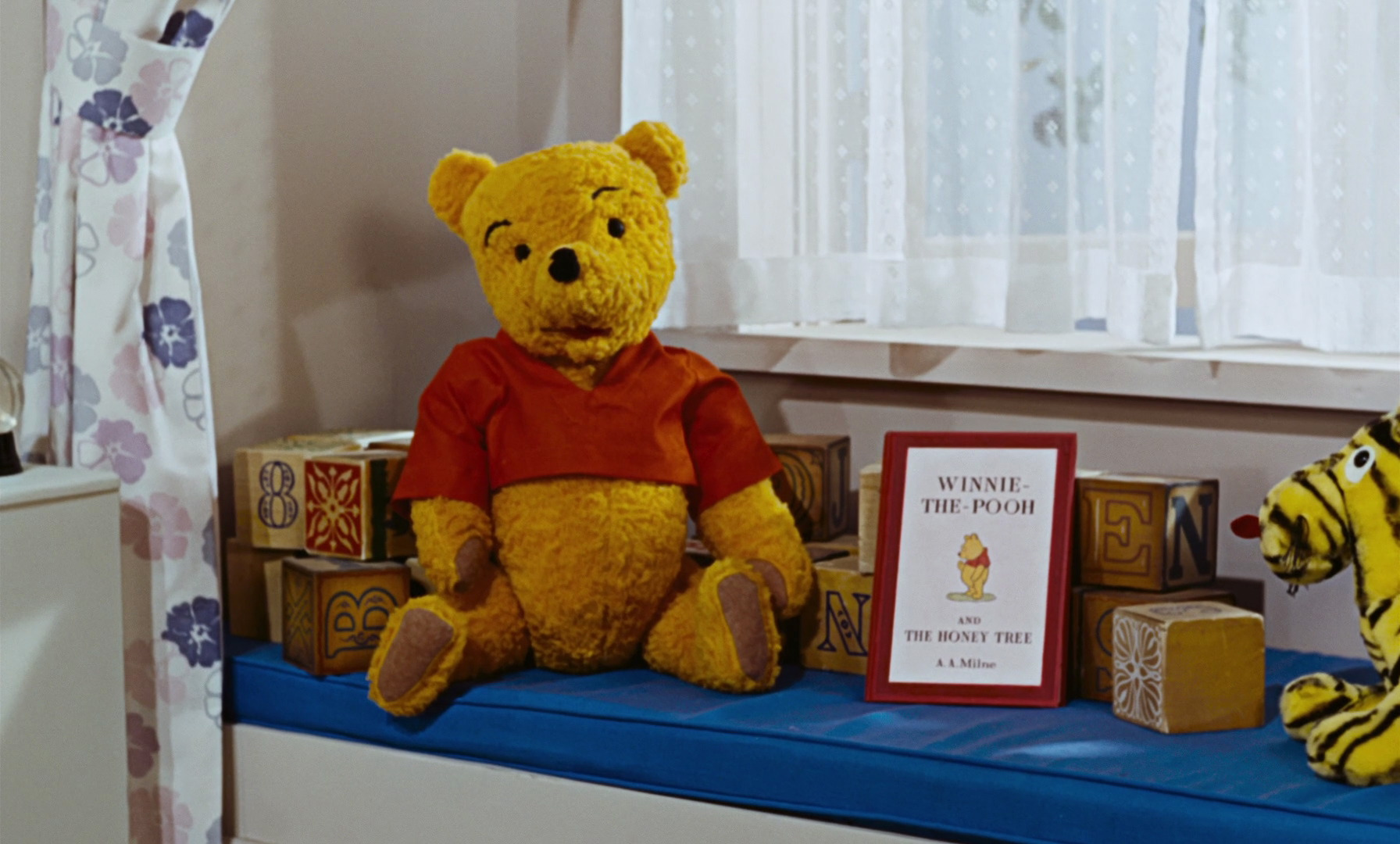Attorney Johnnie Cochran Jr., best known for his work in OJ Simpson’s murder trial, stated last month that he is swearing off criminal law. It was announced today that his newest client is Winnie the Pooh — actually the heirs of the Stephen Slesinger. They allege that Disney owes them millions of dollars because they miscalculated royalties due from the sales of Pooh dolls, books and other merchandise for years. The lawsuit has been going on for the last 12 years, and the Slesinger’s have changed attorneys several times in that time.
Pati Slesinger stated, “We are honored to have Mr. Cochran […] on our team.” Stephen Slesinger, Pati’s father, acquired the rights to Pooh from British author A.A. Milne in 1930 and expanded them in a 1932 agreement.
Update: A legal opinion on the case was delivered December 21, 2012.
In 1930, A.A. Milne transferred to Slesinger exclusive merchandising and other rights to Winnie-the-Pooh works in the U.S. and Canada. In 1961, Slesinger exclusively “assigned, granted, and set over to” Disney the rights in the 1930 agreement. A 1983 agreement sought to resolve the parties’ disputes, but Slesinger contends it retained rights in the works, while Disney maintains Slesinger assigned all rights. In 1991, before the present litigation, Slesinger sued in state court, alleging breach of the 1983 agreement. Slesinger acknowledged that the 1983 agreement “regranted, licensed and assigned all rights” to Disney. The action was ultimately dismissed. The dispute continued in federal court. The district court dismissed, noting that the parties’ actions indicated the rights were transferred to Disney in the 1983 agreement. Between 1983 and 2006, Disney registered at least 15 trademarks. In 2004, Disney registered copyrights in 45 works and renewed copyright registrations for another 14. Slesinger did not attempt to perfect or register trademarks or copyrights before asserting its federal claims and never objected to Disney’s registrations until 2006, when the state court dismissed its claims and Slesinger attempted to cancel Disney’s applications and marks. The Federal Circuit affirmed the Board’s dismissal, citing estoppel.
